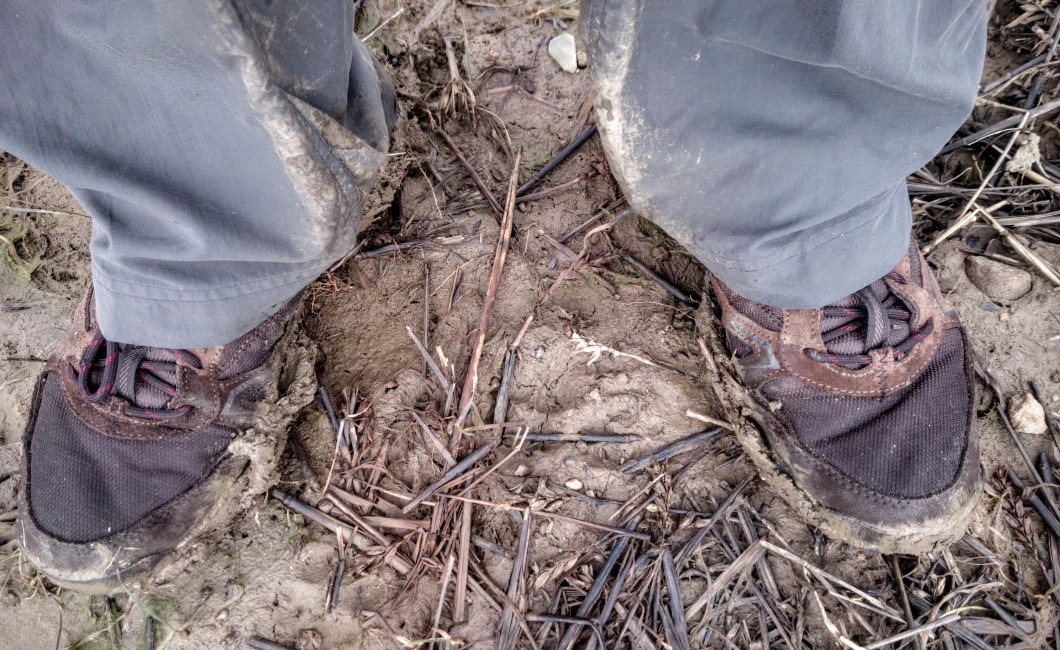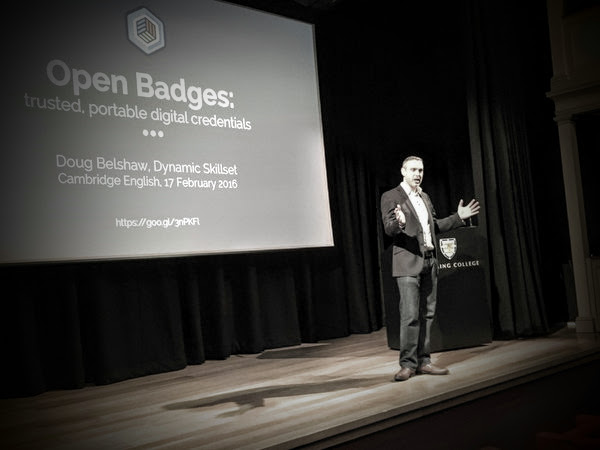Weeknote 08/2016 (warning: may contain gifs and emojis)
I’m going to eschew the usual bullet-point list this week for more of a reflective narrative. Well, it’s my blog and I get to make up the rules. So there.

I’ve just been explaining to my children the difference between mechanical and electronic typewriters, and then typewriters vs. computers. Hence the gif. I’m pretty sure they think I type things and travel on trains for a living.
This week, Dai and I couldn’t find a mutually-convenient time to record an episode of our Today In Digital Education (TIDE) podcast. That’s probably a good thing as, at almost two hours each, it gives our audience to catch up with previous episodes! ⌛
My newsletter last week featured, amongst other things, IPFS, Mars (the planet) and octopus sex. I also write a monthly Dynamic Skillset newsletter and thinking of switching from MailChimp to Revue for that. I’ll be sending out the latest issue of both my newsletters this weekend, so if you don’t yet subscribe, well you should get that sorted out before reading any further.

It’s been a great week. Every year I’m basically in hibernation mode between Autumn and Spring half-terms; my body clock seems to be a curious mix of the rhythms of the academic year, coupled with some kind of primordial tendency towards hibernation as the nights get darker. So yes, from now for the next eight months I’m SUPER DOUG. ✊
I’ve been to London as usual this week but only spent a day and a half working for City & Guilds while I was down there (I did the other half a day for them working from home). The reason for that deviation from the norm was to do some thinking with Bryan Mathers and Eylan Ezekiel about the future of Dynamic Skillset. I’ve written up the mini Thinkathon we did here.
It was the Digital Careers Show North London this week, and City & Guilds were a Platinum sponsor, so I found myself hanging out there and talking to various people before the Ufi/MOBILIZE:LDN/Wayra networking event in the evening. It was good to catch up with Sarah Simons, Erica Neve, Arfah Farooq, and others.

Wearing multiple hats as I do, it’s sometimes difficult to know which one you’re wearing at any given time. I’m fairly sure I had every hat on when meeting the wonderful Sarah Drummond and Anne Dhir from Snook. I’m a big fan. They’re looking for a Moodle developer for a badge-related project so, you know, if you know someone talented and fast-working point them here. ????
In other news, I was asked to speak in South Africa in May, a big-name client wants some follow-up work, and there’s another one in the offing. All in a week when I got a lot more clarity about the direction I want to take things. Oh, and I wrote something about why the way we hire people is completely broken, and suggested some ways to fix it.
I had quite a lot to get through this week, so I only got half a ‘Doug day’. I spent Friday morning walking to Beacon Hill, which is about five miles away from my house. It’s quite an interesting history. On the way, I found a World War II shelter, had to sneak over the new bypass being built (the footpath was officially closed), and got pretty muddy making my way through fields.

Right, that’s about enough. I’ll probably revert to bullet points next week. It’s quicker for me and it means you don’t have to deal with my insufferable prose. Enjoy the rest of your weekend! ⛱
Need some help untangling knotty problems? In identifying, developing, and/or credentialing digital skills? Just want some quick advice on edtech stuff? Get in touch!



